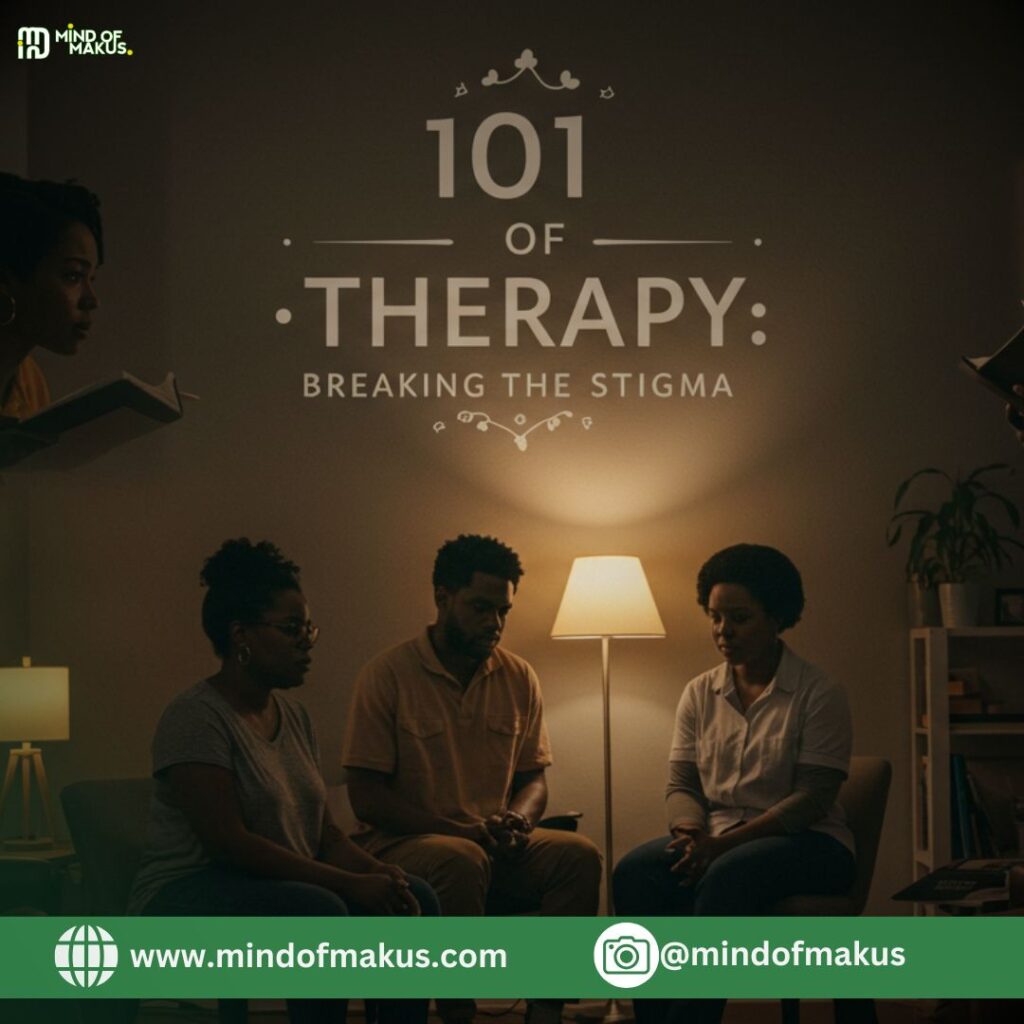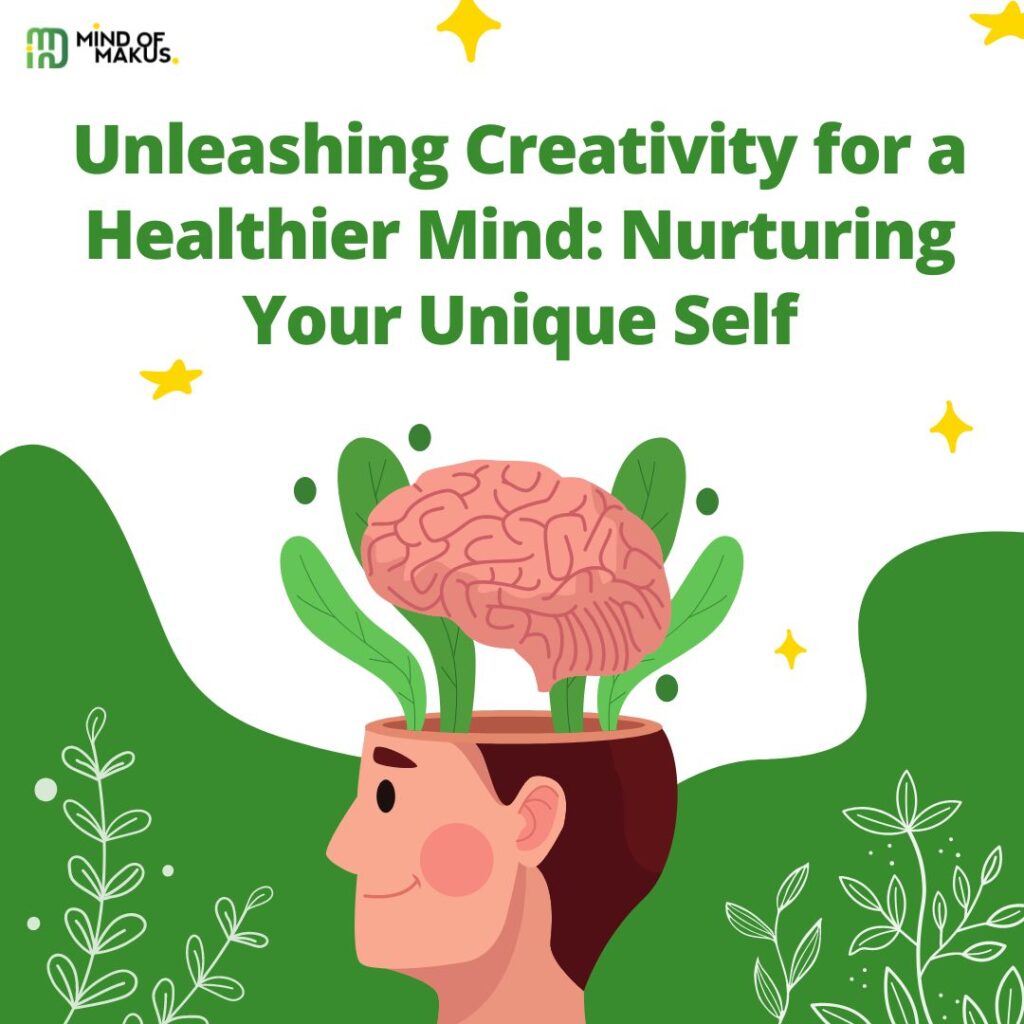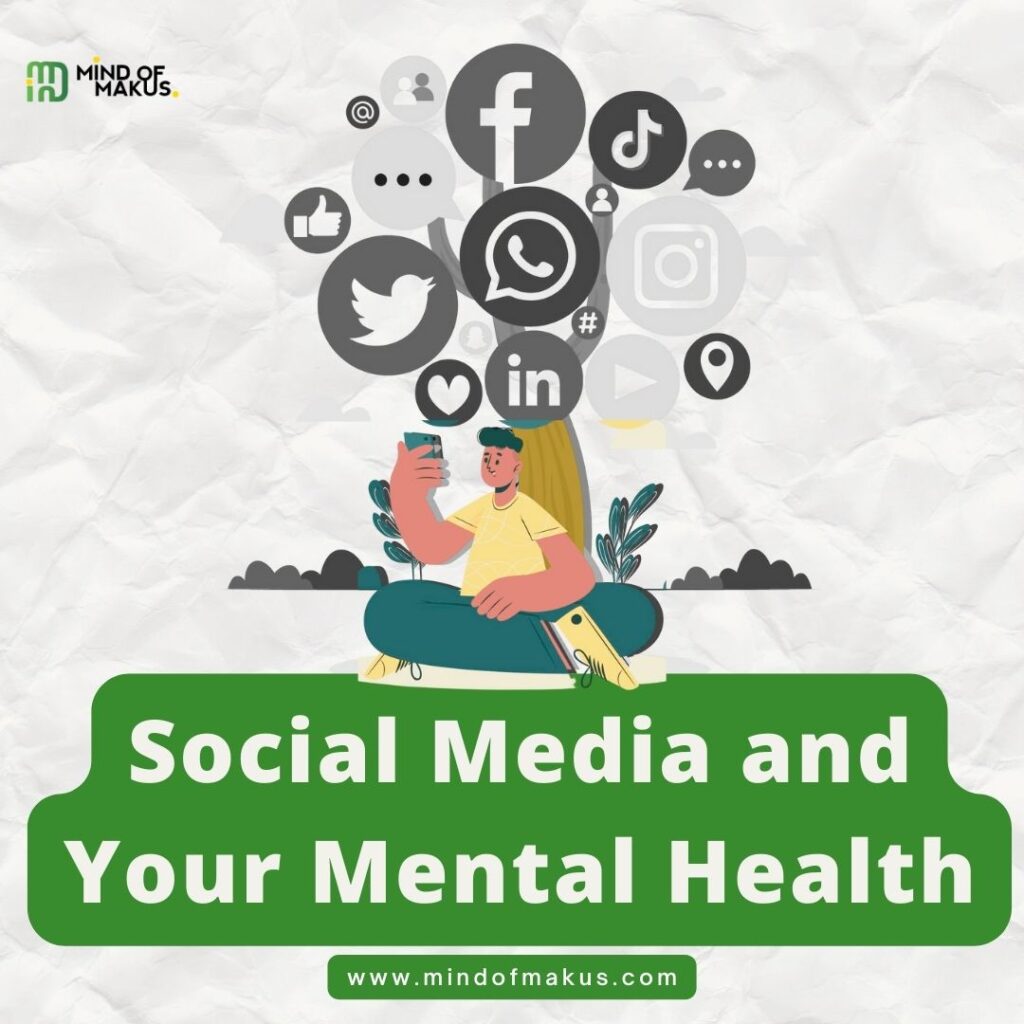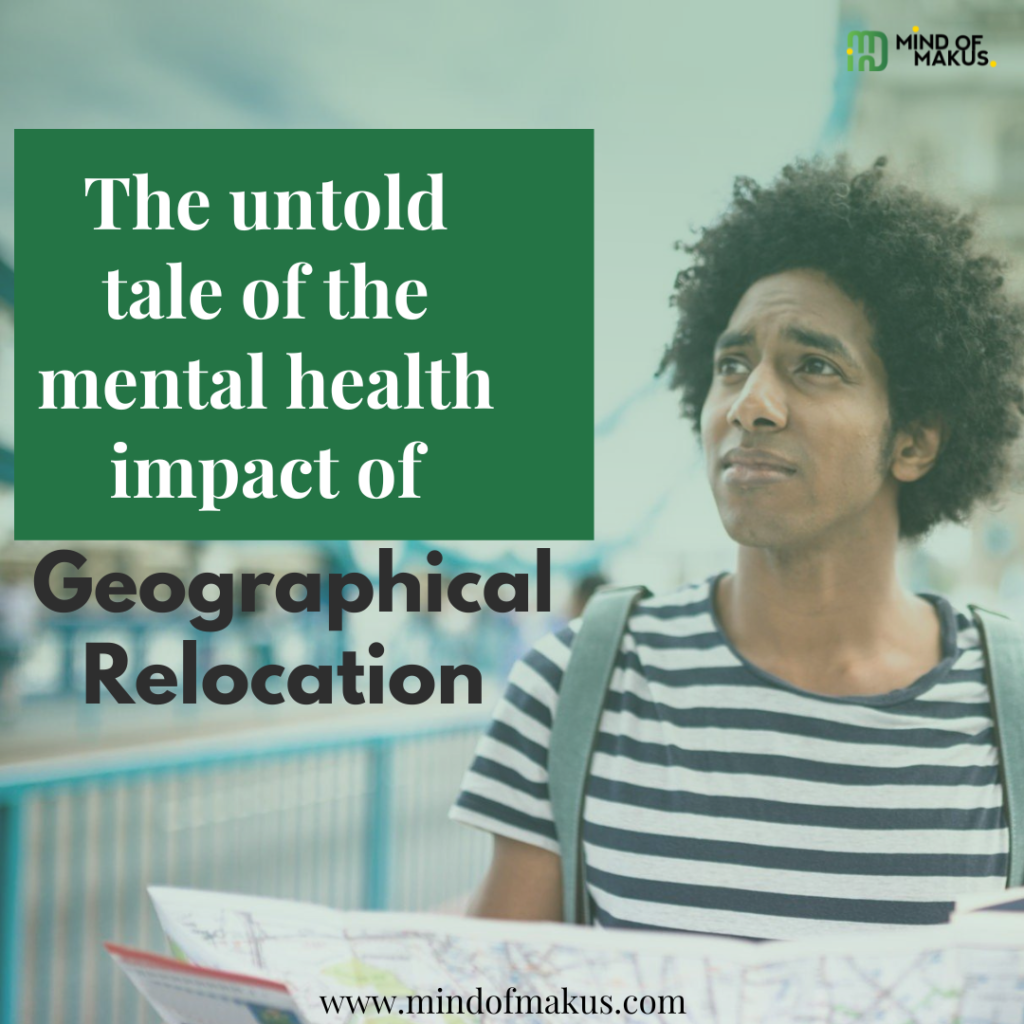Hi dear friends,
How are you doing? I hope you are well and life is favouring you.
My experience with therapy as a provider and a recipient has given me many reasons to pause, reflect, and redirect myself. I wonder if this is the same for you. It’s one of the most rewarding parts of my career—connecting on that human level with someone else, noticing and sharing experiences.
Therapy: for too long, this word has been wrapped in misunderstanding, fear, and stigma. For some, it conjures images of padded rooms, couches, or “only for crazy people.” But that couldn’t be further from the truth.
I have heard all sorts-
“How can a stranger help you?”
“ What can they tell me that I don’t know?”
“ There is nothing I can’t solve with my family and friends supporting me?”
You lie, my bro/sis, you lie. You are avoiding being accountable, and that in itself is human.


Therapy is for humans—for people navigating life, relationships, work, identity, grief, trauma, stress, anxiety, and everything in between. In reality, normalizing therapy is one of the boldest steps we can take as a society toward emotional health and personal empowerment.
Let’s unpack why therapy matters, why it’s misunderstood, and how we can break the stigma together.
What is Therapy, Really?
Therapy is a safe, judgment-free space where you can explore your thoughts, emotions, and experiences with a trained professional. It’s a process that helps you:
- Gain clarity
- Heal emotional wounds
- Build healthier patterns
- Improve self-awareness
- Strengthen your relationships
It’s not about being “broken” or trying to “ fix” things, it is a journey with someone who has the skills and tools that you may not have heard of, know how to use, or even when to use them.
It’s about being human—and giving yourself the tools to cope, grow, and thrive.
I consider it giving yourself a shot at doing better with the circumstances you find yourself in. Whether that be a big decision you have to make or a life transition you are negotiating. Having it just provides a safe containment so that you aren’t walking around bleeding yet smiling.
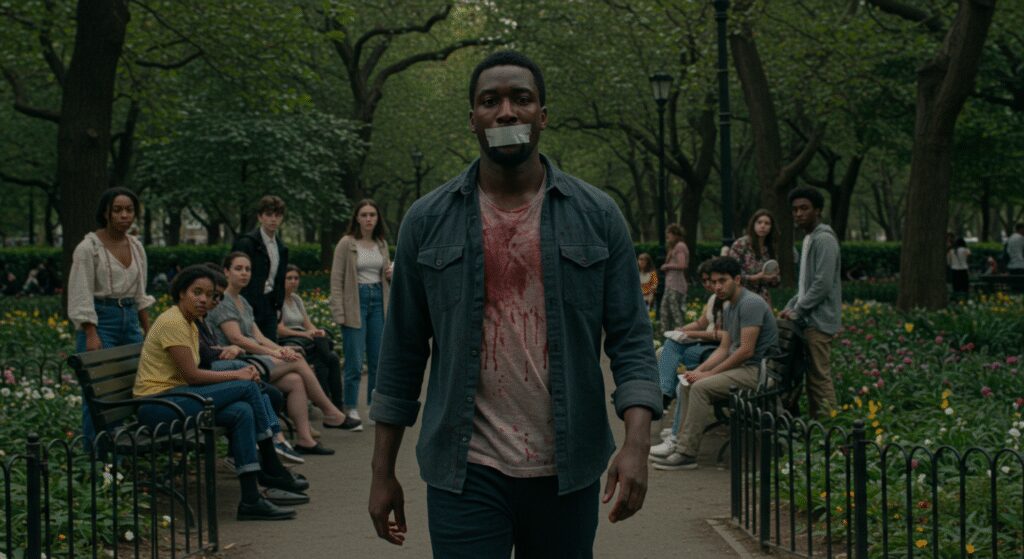

Why the Stigma Exists
Despite increasing conversations around mental health, the stigma around therapy still lingers in many communities. Why?
- Cultural Beliefs: In many societies, mental health struggles are seen as weakness or spiritual failings. These views are not to be taken lightly. Faith is a strong part of our existence, and if you struggle, speak to your spiritual leader about getting support. Some hospitals have chaplains you can have a discussion with, too.
- Fear of Judgment: People fear being labeled as “unstable,” “overreacting,” or “dramatic.” My answer to this is, “People only know if you tell them.” Your personal health information is not for public consumption. Focus on you first.
- Misinformation: Some assume therapy is only for people with severe mental illness, not everyday struggles. To the contrary, people with severe illnesses often need a period of clinical stability before they are taken into a therapeutic relationship.
- Silence in Families: Emotional struggles are swept under the rug, and asking for help is seen as betrayal or shameful. This is something I am quite familiar with. The reason why people don’t speak about these things is because the pain often silences them, not because no pain was felt.
Will your pain steal your voice? Your power? Your agency? Your control?
The result? People suffer in silence, too afraid to seek the support they deeply need.
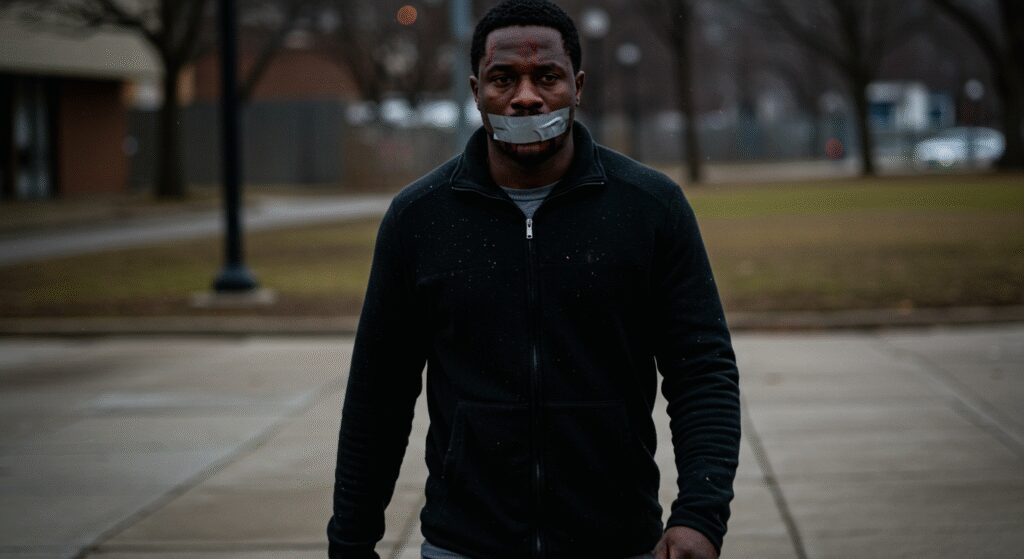

Let’s Talk About It: It is Time.
It’s time to change the narrative.
1. Therapy is Preventive Care
Just like we visit the doctor for check-ups or the gym to stay fit, therapy helps maintain mental and emotional well-being before things spiral. Your irritability, your anger, your fears, your anxiety, those unspoken thoughts you harbour and pet at night….. they will consume you. Blocking you from making real-life affirming decisions, leaving you feeling broken like a doll all the time, with no hope for recovery. No Prince Charming to save the Damsel. In this movie, you save yourself, mate.
2. Everyone Needs a Safe Space
You don’t have to wait until you’re overwhelmed or at rock bottom. Therapy is for processing everyday stress, major life transitions, parenting, self-esteem, and more. Your friends just don’t have the emotional objectivity and clinical skills to help you. You don’t tell them to set a bone when you fracture your leg, do you?
“ Bola, pass me that nail and staple gun, let me have a go at setting Chinwe’s broken leg”.
3. You Don’t Have to “Have it All Together”
In fact, therapy is the perfect place to not have it all figured out. It’s a space where you’re allowed to be confused, sad, anxious, angry, or anything else you feel…. No one will gaslight you, make it about themselves, or flip the script on you. It is a growth space, and you can bend and break or bloom or bud.
4. Therapy Helps Break Generational Patterns
Many of us carry the weight of unhealed trauma, harmful beliefs, and toxic cycles from our upbringing. Therapy gives you the tools to stop the cycle and choose healing for yourself and generations after you. It’s bloody hard work, but you, of all people, after all you have been through, you can do it.
5. It’s Brave, Not Weak
Seeking help is not a sign of weakness. It’s one of the most courageous and self-respecting things you can do.
Subscribe to My Newsletter
How We Can Help
Whether you’ve been to therapy or are just beginning to consider it, your voice matters. Here’s how you can be part of the change:
- Share Your Story: If you’ve benefited from therapy, talk about it. Let others know they’re not alone. It’s not compulsory to share your story, just speak in favour of it. Don’t go misleading others by vehemently badmouthing what benefits you.
- Correct Misinformation: When people make jokes or spread false ideas about therapy, kindly educate them. Learn together, grow together.
- Encourage, Don’t Shame: If someone expresses interest in therapy, celebrate that choice instead of asking “Why?”
Be that person who makes it easy for someone else to get the help they need, holds them accountable, encourages, and cheers them on.
- Make It Visible: Follow mental health pages, repost therapy-positive content, and help make emotional wellness part of everyday conversations. Boost their content and help them get funded.
- Support Access: Advocate for affordable therapy options in your workplace, school, or community. Train as a first aider, educate yourself on the mental health support services in your area, and share the information.
You can Support My Work
Final Thoughts: Healing is for You, Too
Therapy isn’t about being “too much” or “not enough.” It’s about giving yourself the gift of healing, clarity, and wholeness.
If your mind has been heavy, your heart tired, or your thoughts racing—consider talking to a therapist. Not because you’re weak, but because you’re human. And you deserve peace.
It’s time to break the stigma. One conversation, one session, one step at a time.
Have you tried therapy or considered it?
Leave a comment, share your story, or pass this post along to someone who might need the nudge. Let’s keep the dialogue going—because mental health is everyone’s business.
Until next time, stay authentic.
Stay resilient, and continue to honour your needs.
Live wholeheartedly,
Amaka
